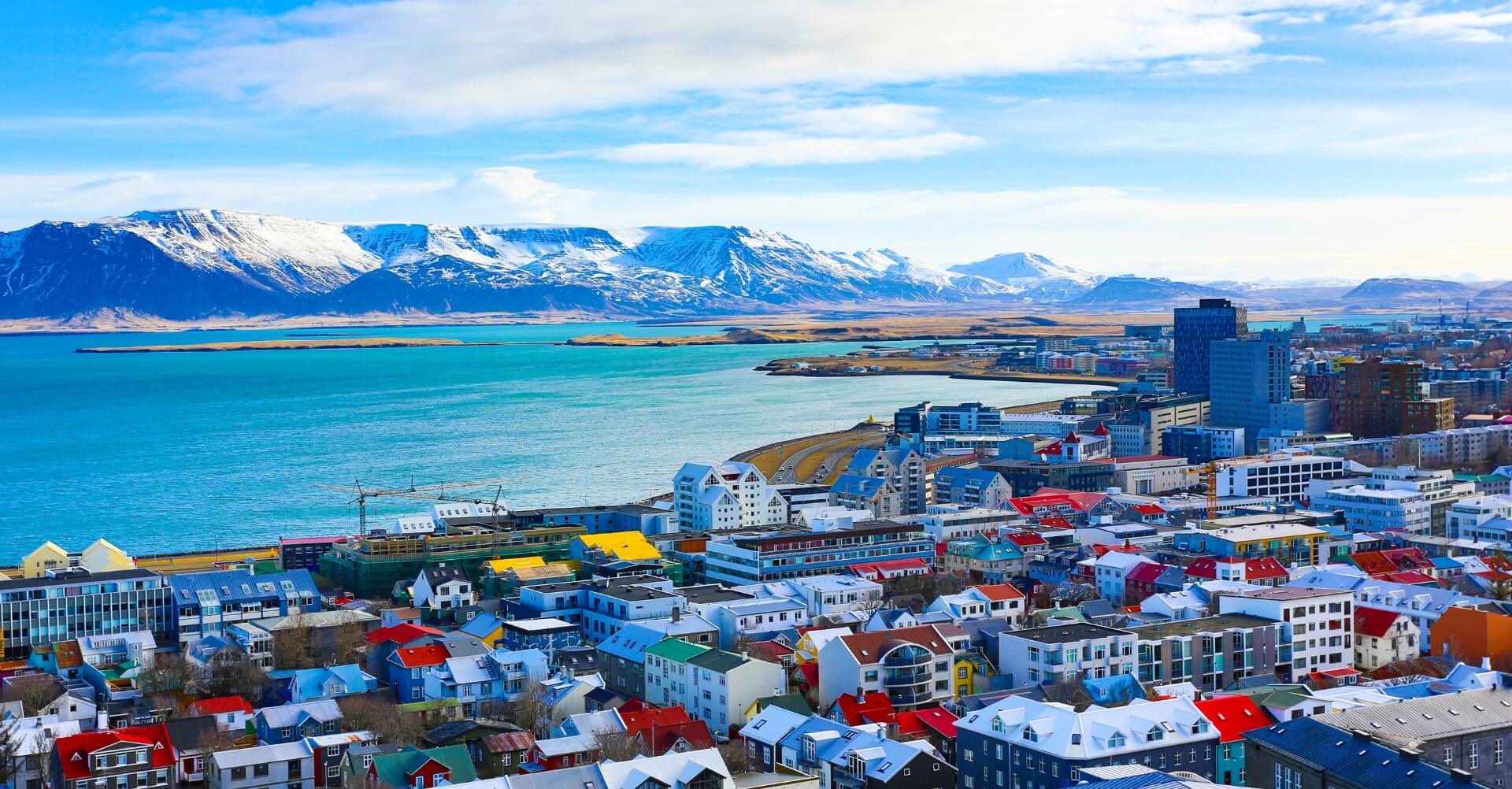Iceland, the island country in the North Atlantic, widely recognized for its stunning natural beauty, also commands a formidable reputation in a rather unexpected realm – digital privacy. With a “High” rating on the Privacy Protection Index (PPI), Iceland sets the bar high, offering lessons to the world about robust privacy protections and minimal potential risks in the digital landscape.
This reputation isn’t just a product of recent progress. It’s rooted in a long-standing commitment to privacy and internet freedom. From the comprehensive Data Protection Act to the Information Society Service Providers Act, Icelandic law is rife with legislative measures aiming to protect user data and limit unauthorized access.[1] A notable absence of mandatory data retention laws for VPN providers further boosts privacy,[2] and its geographical exclusion from any major intelligence-sharing alliances is a strong bulwark against unwarranted surveillance.
Iceland’s internet landscape reflects its physical one in many ways: isolated, yet robust, and steadfastly independent. Just as it sits strategically between Europe and North America, offering fast connections to both continents, Iceland’s digital terrain bridges the gap between stringent privacy measures and liberal internet governance.
And what better place for such digital liberties to flourish than in a country where almost 100% of the population is online? Iceland’s commitment to these values extends beyond privacy protections. The nation is a recognized champion of freedom of the press and civil liberties, leading to its consistent high ranks in various freedom indexes. For instance, Reporters Without Borders placed Iceland at the pinnacle of press freedom in 2010 and 2018.[3]
Historically, Iceland’s isolation has fostered a culture of independence, self-sufficiency, and protection of civil liberties. Such a culture seems to have extended into the realm of digital policy-making. These historical roots are evident in legislation such as the Icelandic Modern Media Initiative of 2010, which enshrined strong protections for freedom of speech and information, setting the stage for Iceland to become a legal haven for journalists and whistleblowers.[4]
Adding to this, the Icelandic government’s hands-off approach to the internet resonates strongly with its population’s desire for openness, trust in self-governance, and resistance to censorship. This ethos finds reinforcement in academic research such as “Fundamentally Icelandic? National Identity and the Networked Society” (Ingthorsson, 2002), which posits that the early adoption of the internet in Iceland was shaped by values of anonymity, privacy, and independence.
Furthermore, studies like “The Case of Iceland: A Strong Ethical Compass for Internet Policymaking” (Hinsley et al., 2018), highlight how Iceland’s history of self-governance has led to a strong emphasis on civil liberties, transparency, and data protection in internet policies. This cultural identity is further explored in “Constitutionalization of the Internet in Iceland” (Skulason, 2012), showcasing how the 2010 Icelandic Modern Media Initiative sought to make Iceland a “safe haven” for freedom of expression, in an era when many nations were expanding internet surveillance and censorship.
In a world that’s increasingly interconnected, yet paradoxically plagued by issues of privacy infringement and censorship, Iceland’s approach to internet policy sets a precedent that other nations could learn from. With strong historical roots, cultural acceptance, and legislated protections, it’s little wonder that this tiny island nation casts a long shadow in the realm of internet privacy and freedom.
VPN servers in Iceland:
References
1. Iceland: Freedom on the net 2021 country report. Freedom House. (n.d.). https://freedomhouse.org/country/iceland/freedom-net/2021
2. edecapitani, A. (2021, March 29). Data retention: A Landmark Court of Justice’s ruling (1). European Area of Freedom Security & Justice. https://free-group.eu/2014/04/09/data-retention-a-landmark-court-of-justice-ruling/
3. Reporters Without Borders. (2013, April 26). Iceland. https://rsf.org/en/country/iceland
4. Guardian News and Media. (2010, July 12). Iceland aims to become a legal safe haven for journalists. The Guardian. https://www.theguardian.com/media/2010/jul/12/iceland-legal-haven-journalists-immi







Leave a Reply